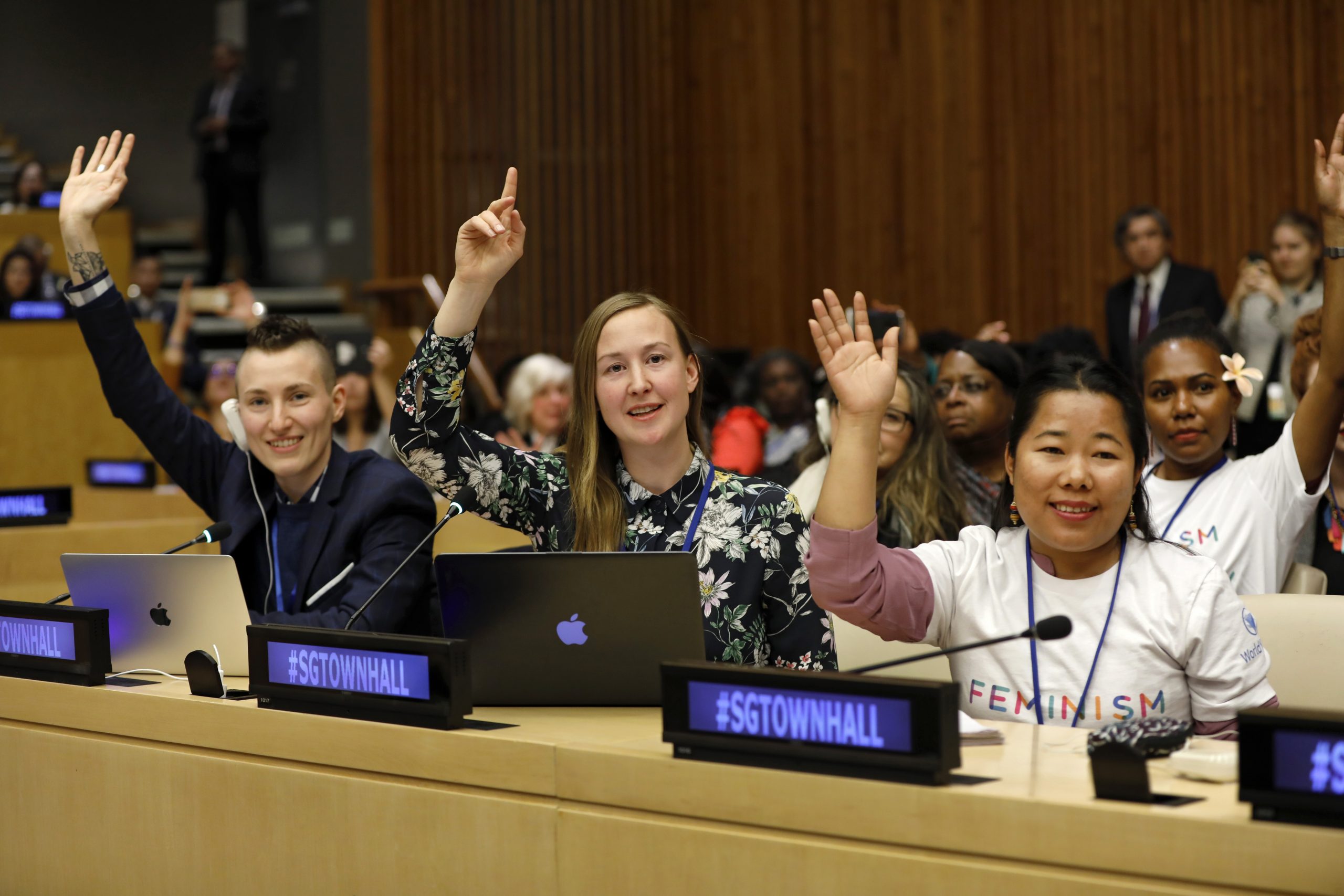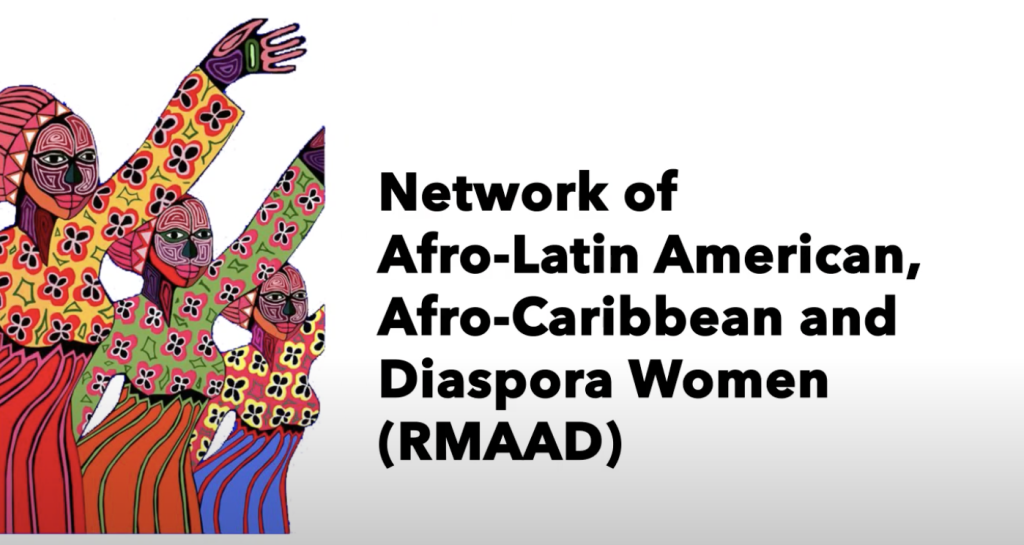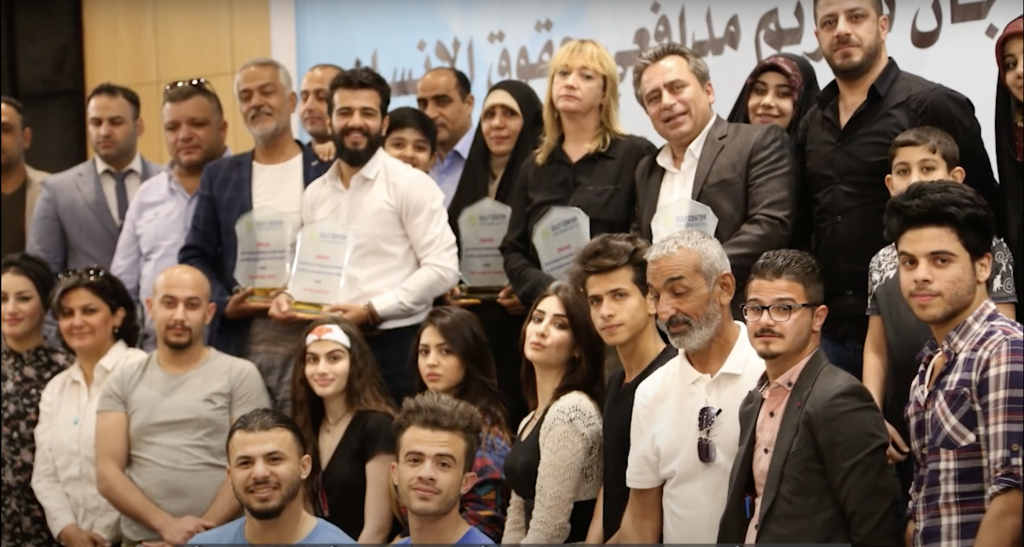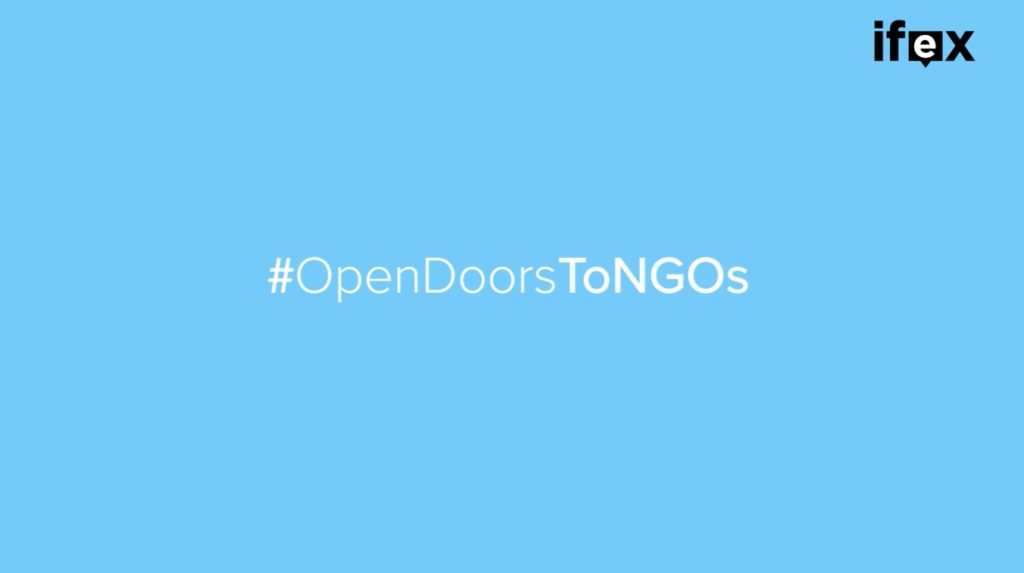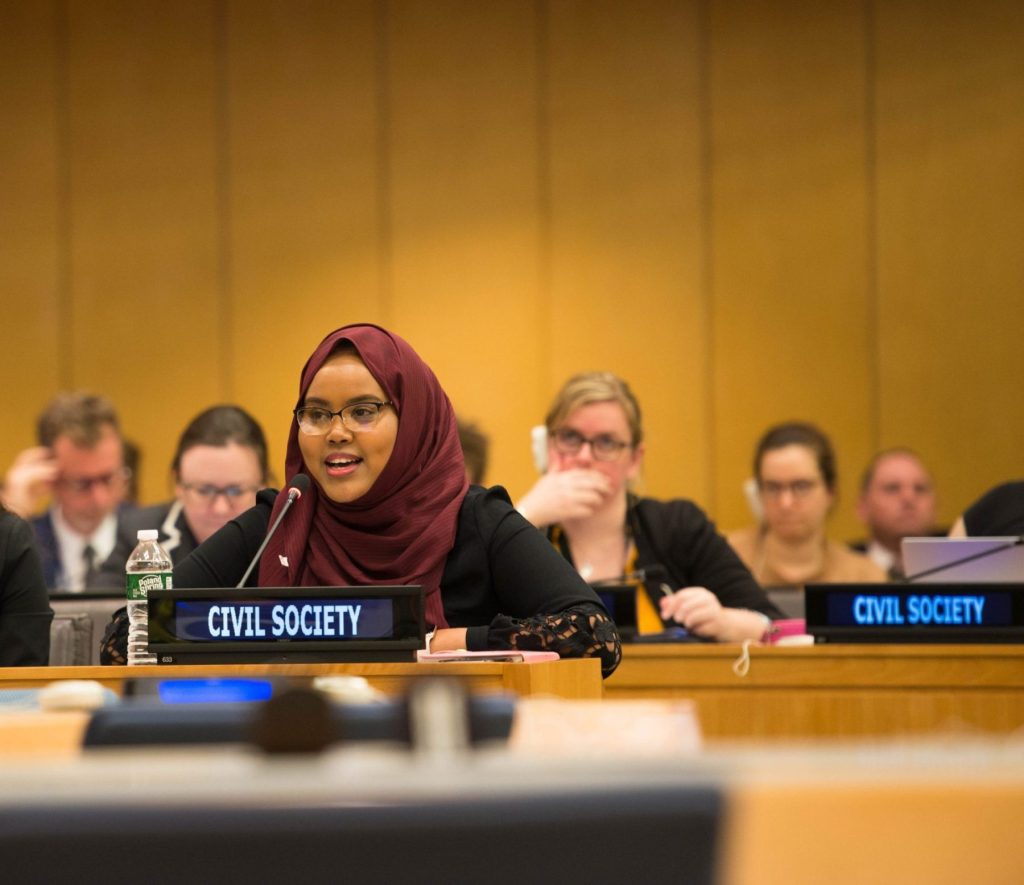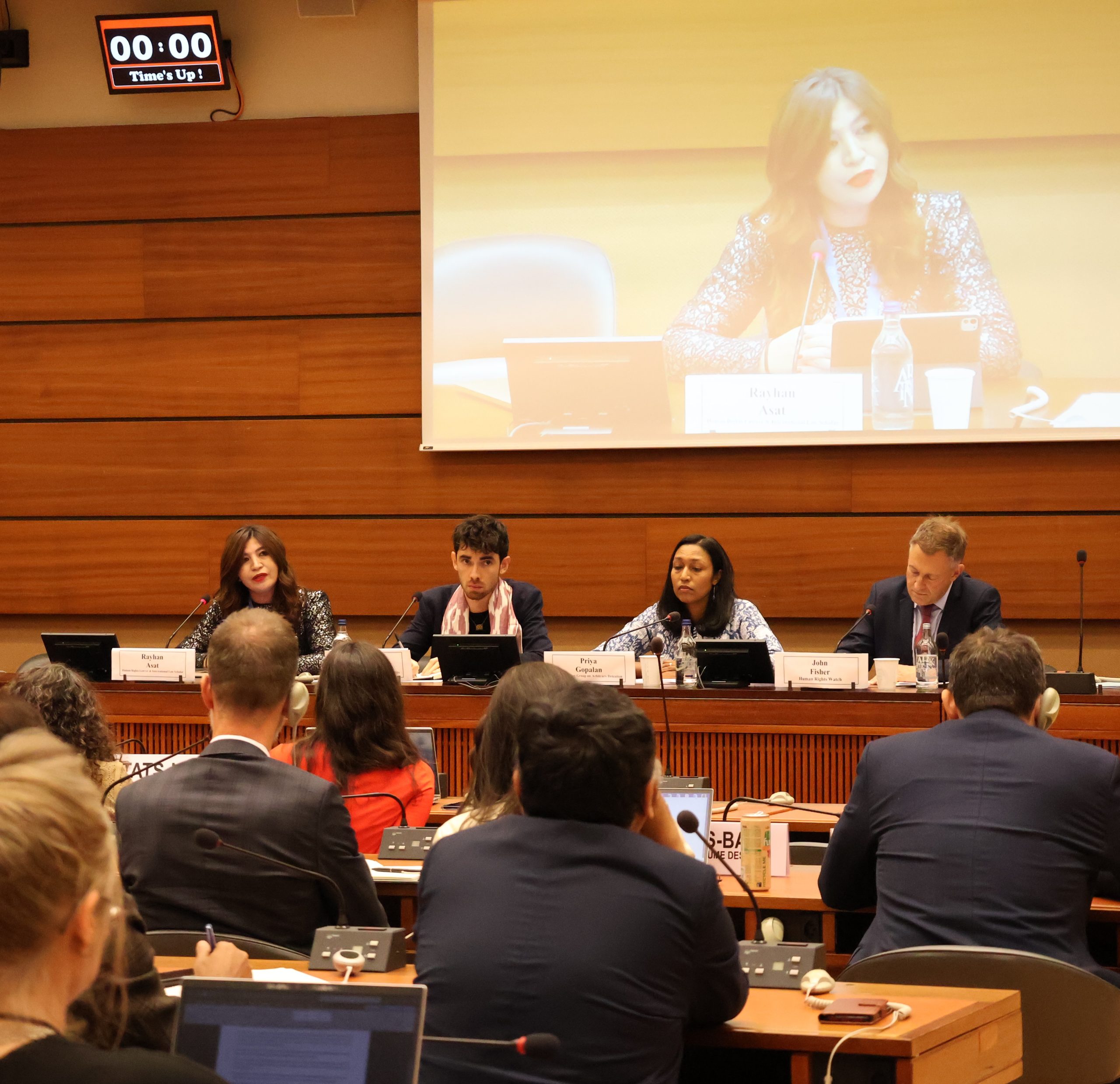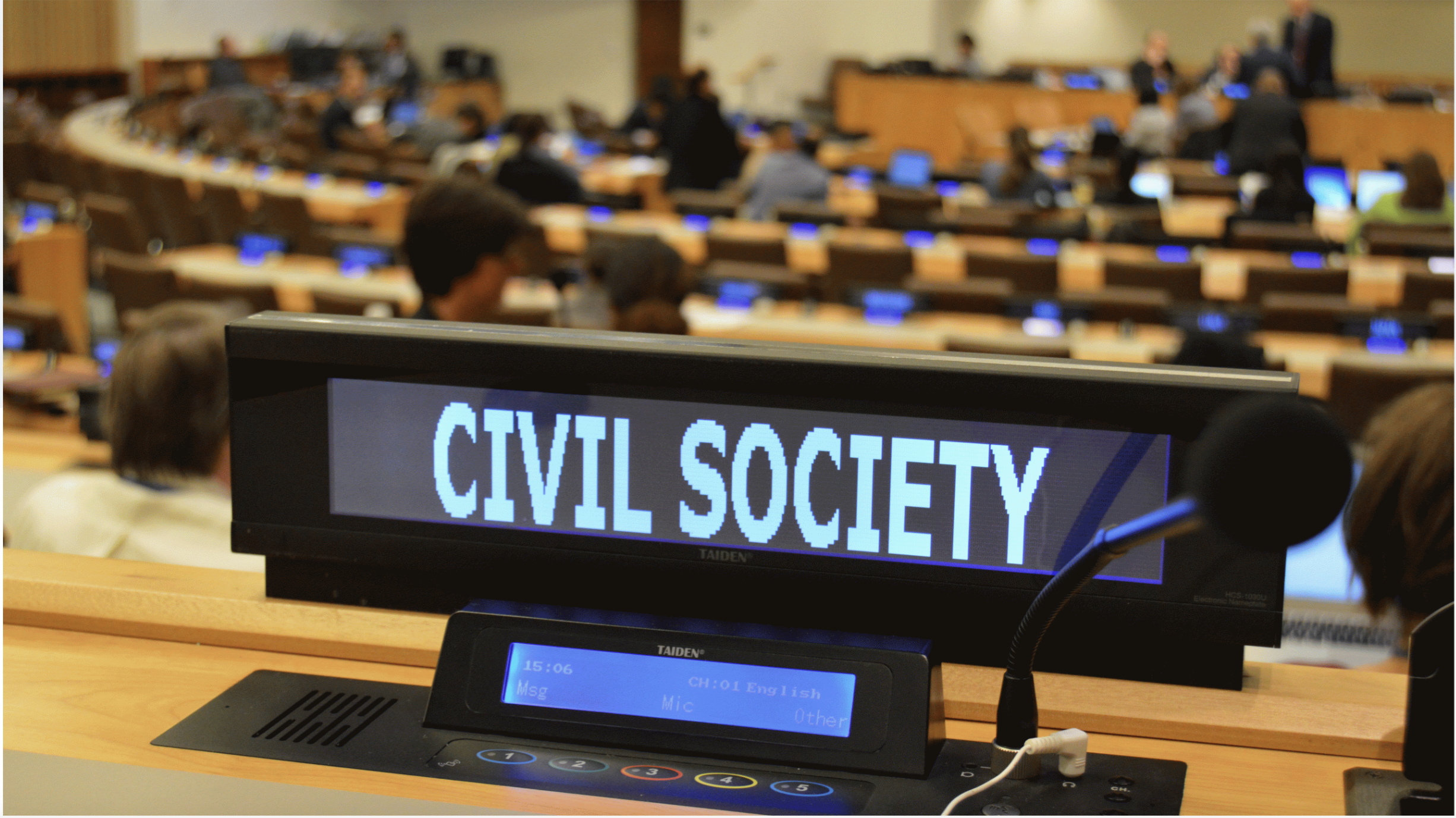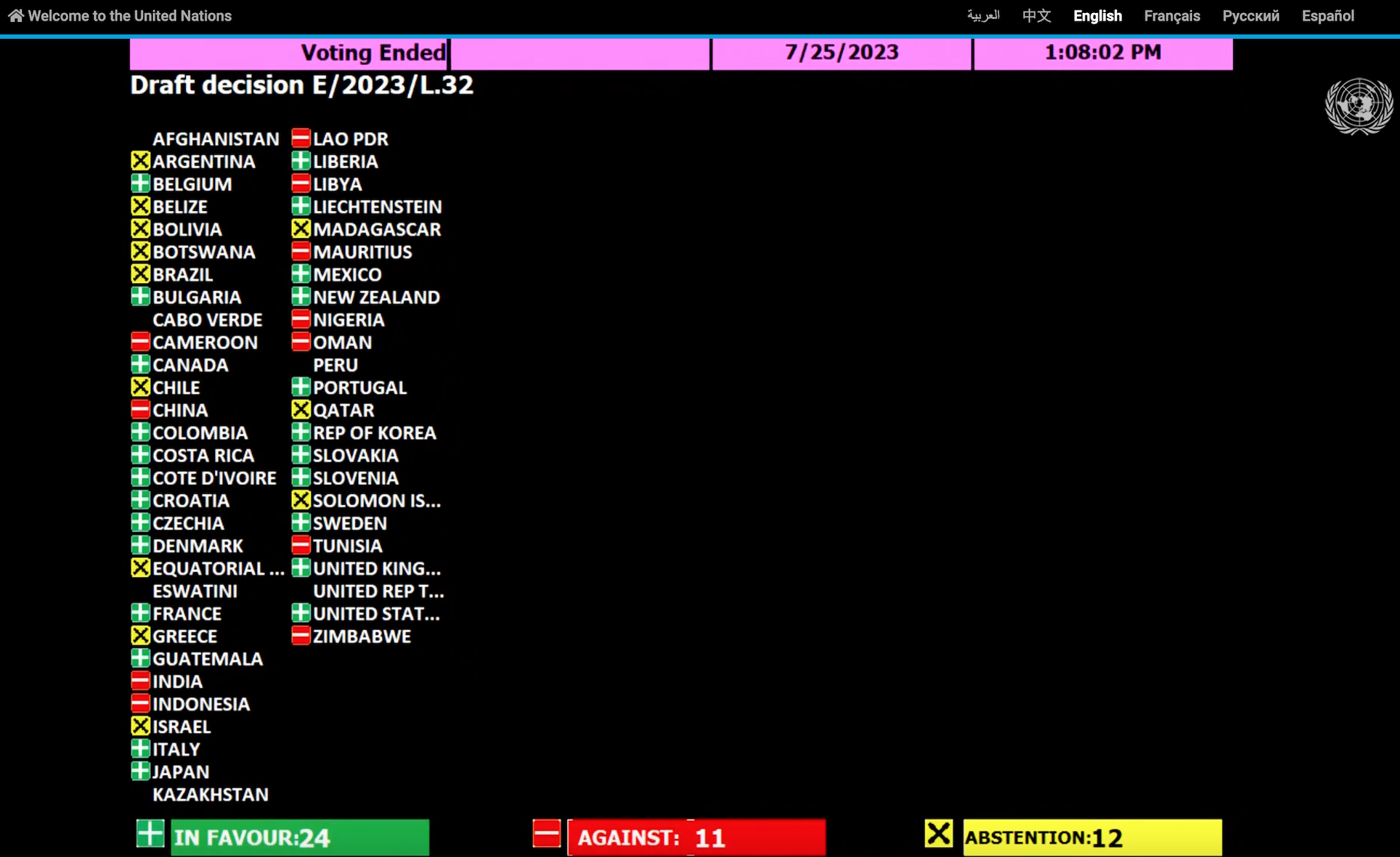Update: On Wednesday, 13 April, members of the United Nations Economic and Social Council (ECOSOC) elected 19 members to the UN Committee on NGOs. The Eastern European States was the only regional group which presented a competitive slate. As a result, Russia, a member of the Committee since its establishment in 1947, has been voted out. As the other regional groups did not put up competitive slates, members were elected without a vote. Despite Russia’s departure, the incoming NGO Committee still includes members with deeply problematic records on safeguarding human rights and civil society participation.
Read more about this campaign win!
Imagine the world where the voices of those with clear demands, expertise and human rights solutions came together to fulfil the promise of the UN Charter. In that world States would welcome the essential contribution of NGOs and respect their rights to participate in UN processes. We are currently far off that dream. The door to civil society is frequently closed. The UN misses out on key civil society expertise but we can change that. Upcoming elections to the Committee on NGOs offer that opportunity!
NGOs that seek to participate fully at the UN – making statements and organising events to highlight injustice and provide recommendations – have to get accredited. The Committee on NGOs manages the process – as the gateway for NGOs into the United Nations. If you’re a State with a mind to block NGOs, membership of the Committee is perfect. This is where you can sit and control who comes in. By asking questions of NGO applicants, members of the Committee can push their accreditation for many years.
Currently there are 41 organisations that have faced over four years of deferrals. Two human rights organisations have been deferred for over ten years. Some NGOs have also been accused by Committee members of having terrorist sympathies: baseless accusations against which the NGOs have been denied appeal.
In one short month there’s a chance to change things.
Elections to the Committee on NGOs will be held on 13 April 2022. The 54 members of the UN’s Economic and Social Council (ECOSOC) vote to fill the 19 seats on the Committee across all regional groups.
What do we need?
We need the UN to open the door to NGOs, to a diversity of alternative, independent and expert voices. We need a Committee on NGOs that actively supports civil society participation at the UN. For that to happen, we call on States to elect to stand up for civil society.
With the elections to the Committee on NGOs just one month away, we need:
- States with a positive record on promoting civil society to stand as candidates.
- Elections to be competitive!
- States to vote with integrity!
How do we achieve this?
We are working with partners globally to remind States of the indispensable role of civil society. We have profiled cases of NGOs that have faced prolonged deferrals to their applications by the Committee to show the UN what it is missing. We are reaching out to States at national level and internationally to encourage them to get active in ensuring the door to the UN is open to NGOs.
What can you do?
If you are an NGO representative, you can engage with States on all the campaign objectives!
- On competitive elections and voting with integrity: See here for a model email for sending to those who get to vote, ECOSOC members. Check here whether your State is going to vote.
- On candidates: Does your state have a positive record on promoting civil society but isn’t running? See here for a model email to encourage them. Also send them a copy of this letter signed by 349 NGOs calling for positive elections.
We’re aware that in attempting to engage with UN processes civil society members can face reprisals. If you are concerned about intimidation and reprisals for cooperating with the UN please check our Handbook on Reprisals for human rights defenders.


